The different types of assessment
At MSF we use three types of assessment: pre-, formative and summative.
Pre-Assessment establishes the child’s level of understanding before the learning process begins. This assessment helps teachers set learning goals and adapt their teaching to meet the needs of the children, moving them forward from their current point of understanding. Pre- assessments take place at the start of every unit of study.
Formative Assessment establishes the child’s level of understanding during the learning process. This takes place frequently throughout the units of study and helps teachers and students form an impression of what children understand and areas that need improvement. Students are regularly asked to reflect on activities, looking critically at both their own performance and that of their peers. Teachers adapt their teaching based on what they observe and through formative assessments.
Summative Assessment establishes the child’s level of understanding at the end of the learning process. At the end of every unit of study, students participate in summative assessments that take the form of projects, presentations, written work, tests and posters. The student are always aware of the criteria for success and, in many cases, are involved in the identification of these criteria.
How we provide feedback to students
Teachers continually give feedback, both verbally and in writing, on the learning outcomes and engagement of their students. After a summative assessment, the teacher gives feedback using the assessment criteria of checklists, rubrics or written notes. The tone of teacher feedback is always constructive, helping the students to learn from their mistakes and take the next step forward in their learning journey.
How we report to parents
Parents are updated on student progress regularly throughout the school year. At the end of every unit, the summative assessment and success criteria are posted in the student portfolio. Student-led conferences and parent-teacher conferences take place several times throughout the year. At these times, student progress is discussed and targets are set. Formal written reports, with grades, are sent out at the end of each semester.
Student portfolios
Students maintain a portfolio of their learning throughout the year. Students add work that they have selected and teachers add assessments and their criteria. The portfolio is both a celebration and an example of learning progress. At MSF, the portfolios are digital so they can be accessed at any time by parents at home.
Standardised assessments
We use standardised assessments at fixed points throughout the year. We assess language and mathematics skills, using specially designed assessments (Maths Whizz, Reading A-Z, Aims Web and MAP) at the beginning, middle and end of year. These assessments are used to help teachers adapt their teaching to the needs of each student and highlight any significant areas of concern.












